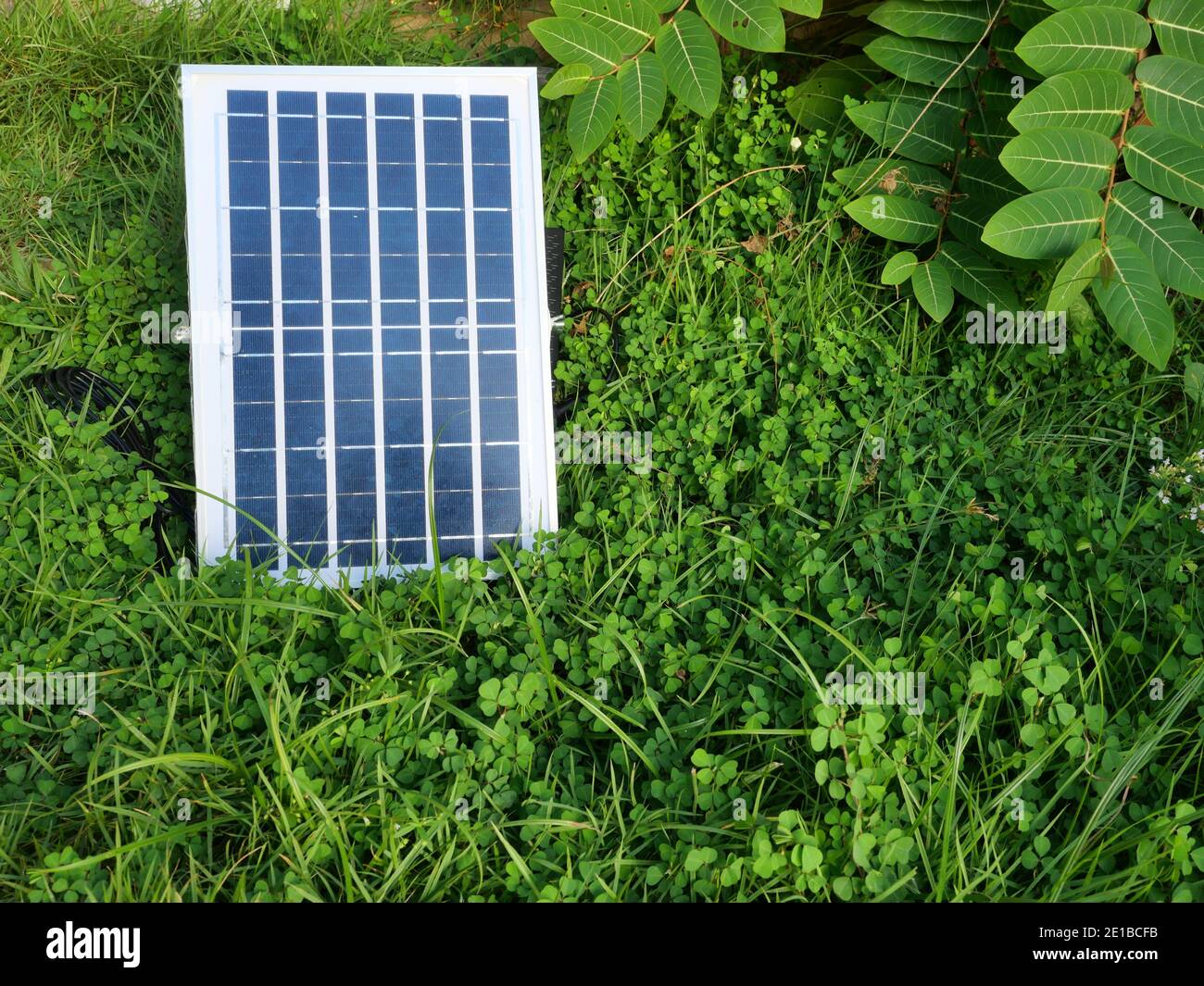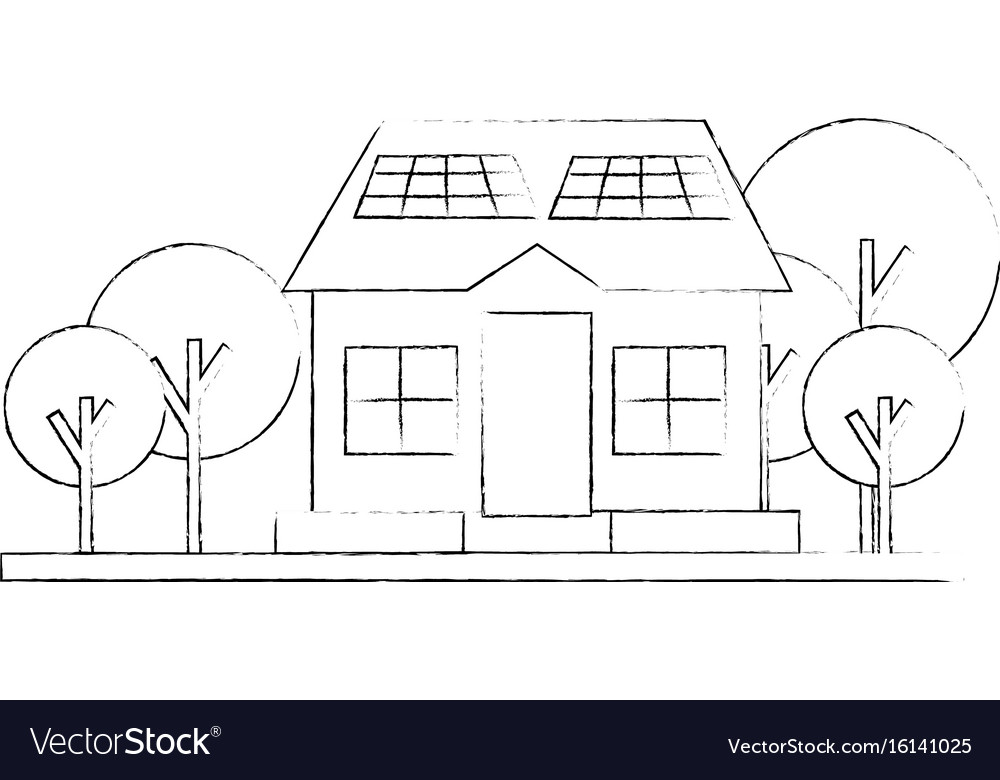
Here are some things you need to keep in mind before you build your DIY solar panels. First, decide how much energy your home needs. The type of panels, size and efficiency you desire are also important. The next step is to determine if you need a permit. Make sure to think about any future changes to the house. You can use an online calculator to calculate your electricity bill. You should check your local laws to see if you need permits to build solar panels.
Prices
DIY panels are much cheaper than commercial panels. A basic set for five panels will cost between $70-300. This is just the cost of the solar cell. To install more solar panel, you will need to spend a lot more. For starters, you'll need mounting hardware as well as battery cables. You can purchase most of these items online, or at an alternative energy retailer. Once you have a basic set up, you can add more as your needs increase.
Size
Before you buy a DIY solar panel, you should consider its size. 12v systems are ideal for tiny homes, camp trailers, RVs, and other small projects. Twenty-four-volt or forty-volt systems are best for homes that need between 2,000 and 5,000 watts of power. A 48v system would work well if you have a large property that is off the grid. However, a 48v solar panel will require at least two people to properly install.

Legality
Installing DIY solar panels is best done by a professional. These experts have extensive knowledge in electrical wiring and can help plan a solar system that is efficient. Additionally, they can help you with the necessary paperwork and permits. In some cities, DIY solar panels are illegal. Hire a professional solar installer to avoid legal problems. These are the most important things to consider when installing DIY solar panels. Once you decide on the best method, make sure you do your research to ensure you get the most out of your investment.
Efficiency
Here are some key points to keep in mind if you are considering DIY solar panel installation. First, you need to determine how much power your appliances use. Low-energy appliances use more power than high-energy ones and vice versa. Calculating the watt-hours that each appliance uses can be done by multiplying its power rating and its running time. Calculating the efficiency of your diy system can be done after you determine the amount of watts that each of your appliances consumes.
Scaling up
When building a DIY solar panel system, one of the biggest challenges is finding quality material. It is hard to know the quality of solar cells. If the panels are not good, they can even catch fire. To avoid these problems, start by building small projects. You can limit the power consumption, make DIY installation easier, and lower the chance of a system breaking. Don't attempt to build large systems unless your experience is extensive.
Permits
Permits may be required to install solar panels on your property. Permits must be obtained from your local electric inspector, the city planning department, or power company. You may be able apply online for permits in some cases. In some cases you will need permission from your city zoning Board. Contact the zoning board to find out what documentation is required. Although the permit process can be slow, it is very worthwhile.

Regulations
The proper permits are required for the construction of solar panels. A permit is required in most cities before you can place solar panels onto your property. There are also building codes to follow before installing solar panel. You can find information on how to get these permits online. Make sure to follow all instructions. This way, you'll avoid getting into legal trouble.